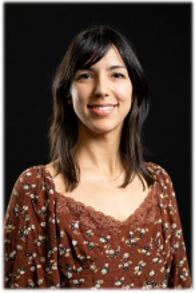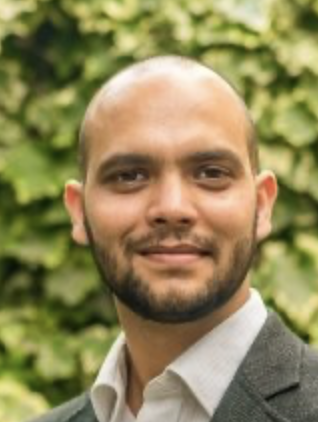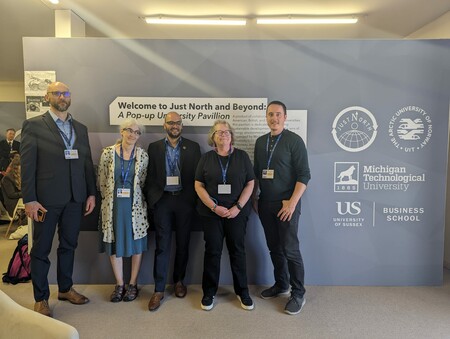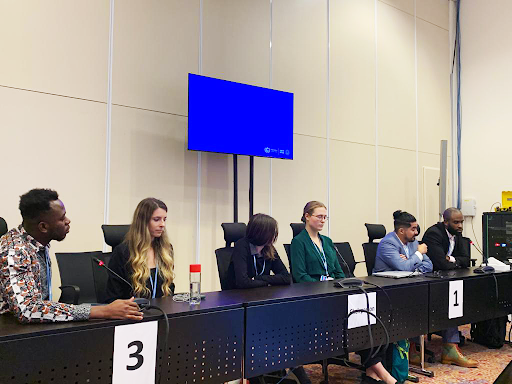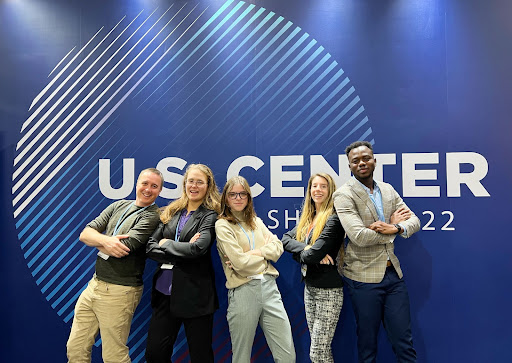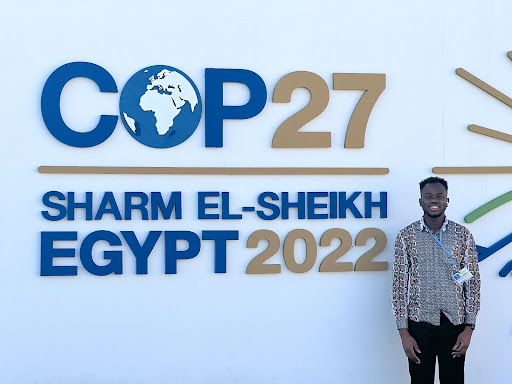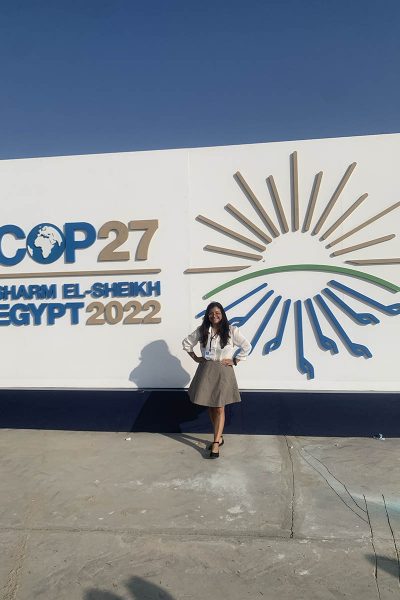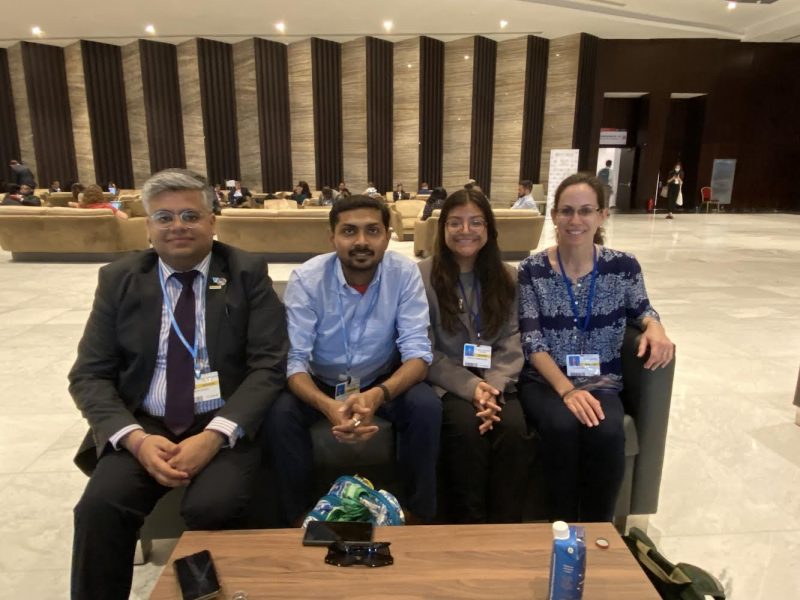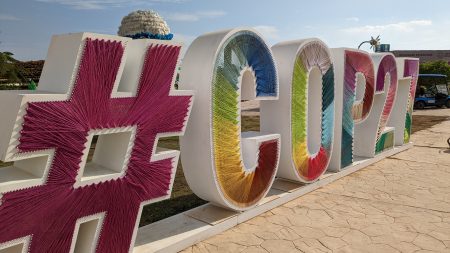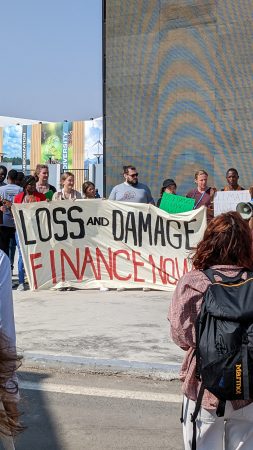Geophysics PhD candidate Gabriel Ahrendt and recent physics alum Dr. Elise Rosky recently attended COP28 and offered their reflections in the Daily Mining Gazette.
Rosky and Ahrendt moderated multiple panels. Dr. Rosky’s panels included:
- The science-policy interface: How can researchers shape critical climate policies?
- Fossil Fuel Divestment at Universities
- Perspectives on the Role of Universities in the UNFCCC
- Guest panel on the science-policy interface: How can researchers shape critical climate policies?
Ahrendt also moderated multiple panels:
- Student Panel: Dialogue between students at Arctic and American universities
- YEAH for Museums: Catalyzing Community Action
- CLA Research Presentation

Read about Ahrendt and Rosky’s reflections on the climate conference in the Daily Mining Gazette.
About COP28
Michigan Technological University is one of a handful of universities taking a leading role at the 28th Conference of the Parties to the UN Framework Convention on Climate Change (COP28) from November 30 to December 12, 2023. Hosted by the UAE at Expo City Dubai, COP28 is the largest climate change-focused event in the world. COP28 aims to unite the world towards agreement on bold, practical, and ambitious solutions to the most pressing global challenge of our time. You can read more about the Huskies’ presence at COP28 in the Huskies at the UN Climate Conference (COP) blog.
